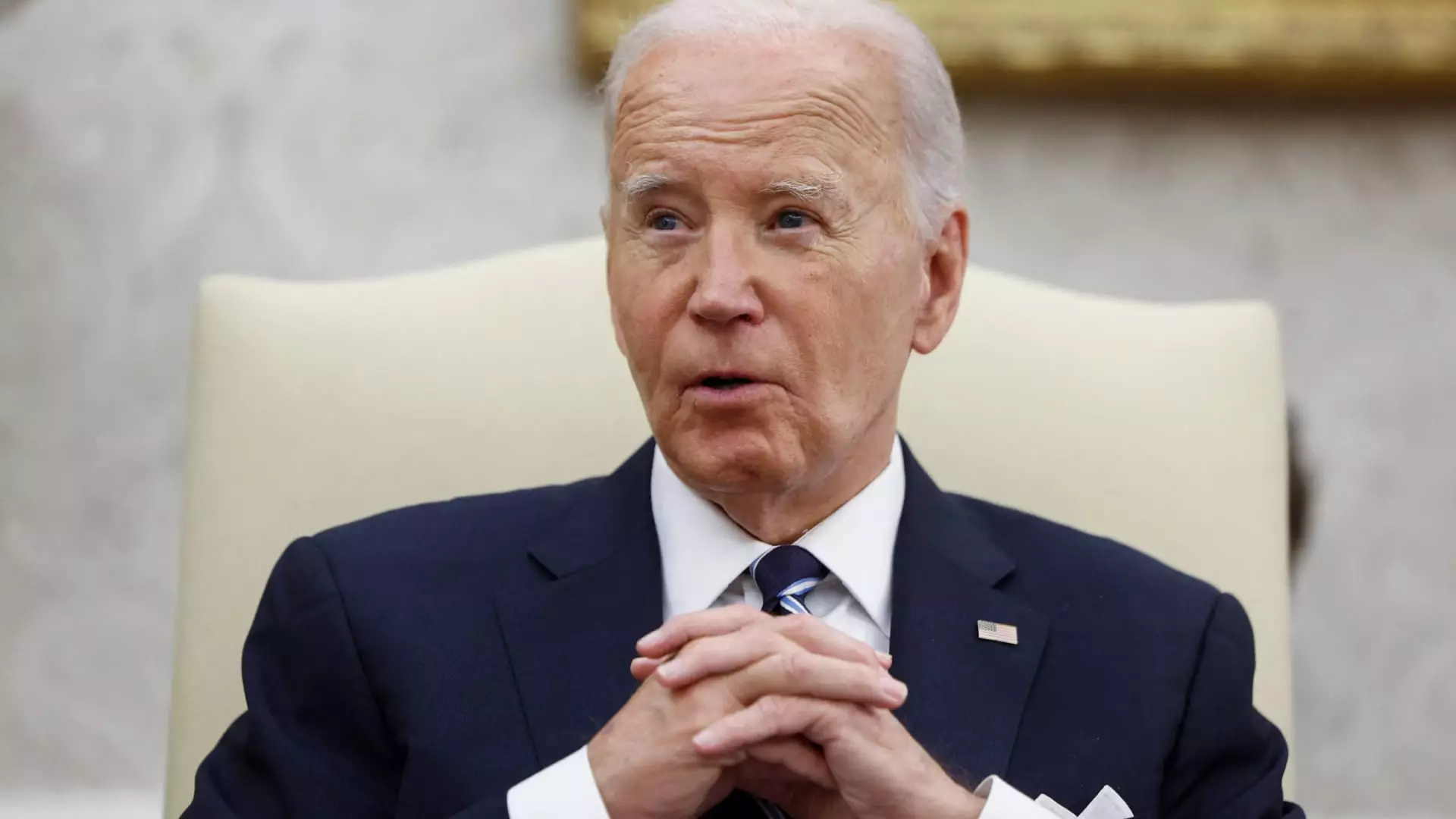As the time nears for federal agencies to secure their funding for the 2025 fiscal year, lawmakers find themselves in a precarious position, especially with the November elections looming. Recently, they narrowly avoided a government shutdown that would have dire implications, but challenges remain in the form of looming deadlines, political negotiations, and competing priorities.
The end of fiscal year funding comes at an undesirable time—just before the holiday season and the transition to a new Congress and possibly a new presidential administration. With only five weeks between Election Day and the end of the year, legislators must navigate a tight schedule to push through the necessary appropriations bills. This is a mere fraction of the time required to agree on a budget that satisfies both parties, highlighting the political complexities that accompany fiscal responsibility.
Despite the urgency, progress on the 12 appropriations bills required to fund federal agencies appears stagnant. The prospect of finding bipartisan consensus feels increasingly tenuous in what is referred to as a “lame-duck” session where outgoing lawmakers and newly elected officials may collide in their attempts to forge a compromise.
Given the uncertainty around necessary funding, recent comments from House Speaker Mike Johnson reflect a commitment to moving away from the traditional omnibus spending measures typically introduced as deadlines approach. Johnson’s stance signals an intention to reform how Congress conducts its budget negotiations. Nevertheless, skepticism looms, particularly from seasoned appropriators who suggest that despite plans to avoid these last-minute spending bills, the reality may compel Congress to revert to the familiar tactic of a massive omnibus package.
Rep. Debbie Wasserman Schultz’s assessment underscores the inherent difficulty in this political climate. She points out that while the Speaker may claim to establish new norms around spending, the practicalities of governing—especially in a divided Congress—often supersede these intentions. The dynamic between House Republicans and Democrats frequently leads to negotiations that require significant collaboration.
Voting patterns from recent funding measures exemplify this bipartisan reliance. The recent continuing resolution (CR) to forestall a government shutdown relied heavily on Democratic votes, marking a trend where the minority party has played a crucial role in passing essential legislation. Such developments cast doubt on Johnson’s claim regarding the fading of omnibus spending bills, suggesting that negotiations are unlikely to break free from historical precedents in the face of looming deadlines.
Further complicating matters, predictions from House Appropriations Committee leaders indicate a high likelihood of needing another omnibus package to maintain government funding. Rep. Tom Cole expresses optimism about reaching an agreement, but he also acknowledges that electoral outcomes will directly impact the negotiation landscape—signaling that threats of a shutdown or delays are ever-present.
The outcomes of the elections could determine the nature of future funding agreements. If Republicans secure a dominant position across congressional chambers and the executive branch, they may lean toward short-term funding patches, allowing for a deferral of contentious debates over budget priorities. Conversely, a divided government would likely exacerbate tensions and complicate any negotiation process.
As December approaches, the uncertainty of which party will hold sway in shaping the federal budget adds yet another layer of complexity to an already fraught situation. Political maneuvering is bound to ensue as legislators weigh their options ahead of the new Congress taking office.
While the immediate threat of a government shutdown has been averted, the pressing need for sound fiscal governance remains. The upcoming electoral landscape and tightly controlled session leave critical questions unanswered regarding the viability of bipartisan cooperation. As lawmakers look to maneuver through impending budget deadlines, the commitment to transform budgeting norms will be put to the test, and how they respond may set the tone for legislative success or failure in the year to come. Congress stands at a crossroads, facing not only the challenge of funding operations but also the expectations of the American people who desire stability and effectiveness from their government.


Leave a Reply